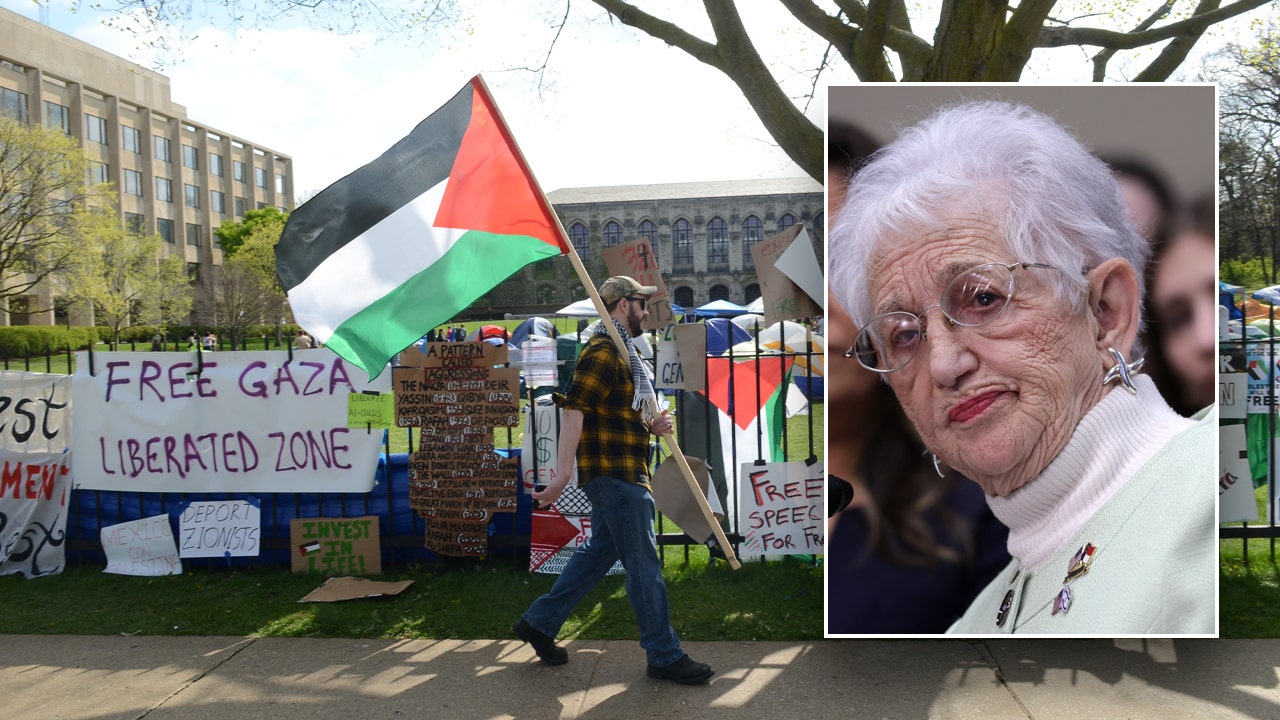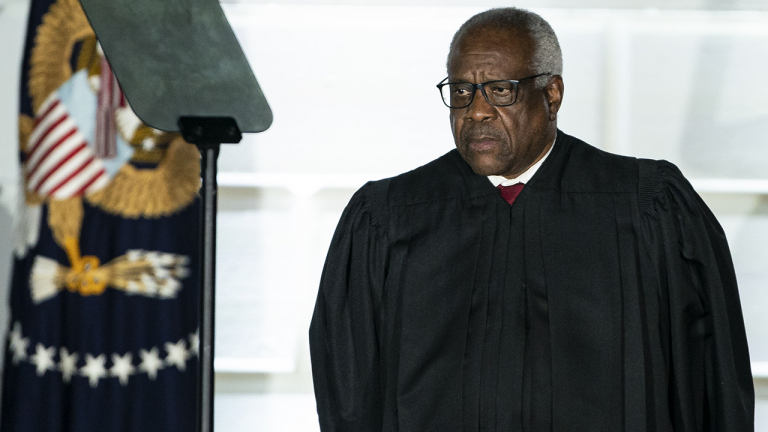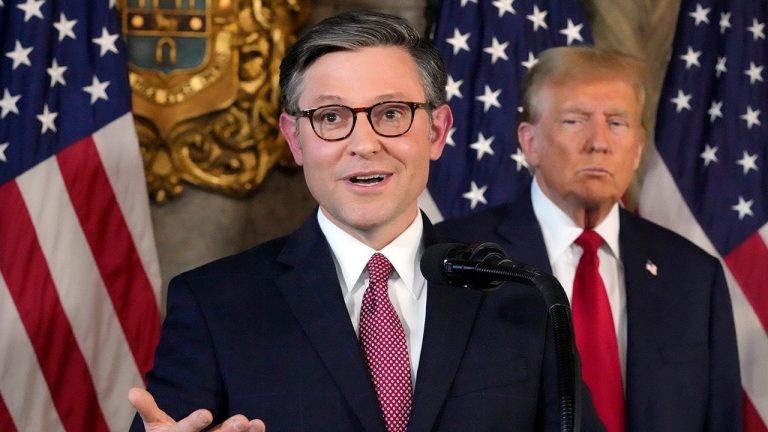House Education Committee leader wants explanation from Northwestern University for giving in to those against Israel.
Northwestern University has found itself embroiled in controversy as Representative Virginia Foxx, Chairwoman of the House Education and Workforce Committee, launched an investigation into the institution’s handling of antisemitism following an agreement made with anti-Israel activists. In a letter addressed to Northwestern University leaders, Foxx expressed deep concerns about the university’s failure to protect Jewish students and its inadequate response to instances of antisemitism on campus.
The scrutinized agreement resulted from student protesters establishing an illegal encampment on campus grounds in protest of Israel after an attack on the country by Hamas. The anti-Israel demonstration, known as the “Northwestern Liberated Zone,” led to a series of events culminating in Northwestern’s agreement to cover the full cost of attendance for five Palestinian students attending the university and provide housing for Middle East and North Africa (MENA)/Muslim students.
However, the accord faced severe backlash from various quarters, prompting seven members of Northwestern’s antisemitism advisory committee to resign, and three national Jewish organizations—the Anti-Defamation League (ADL), Louis D. Brandeis Center, and StandWithUs—to issue a joint call for President Michael Schill’s resignation or removal.
In her letter, Foxx condemned the university’s decision to capitulate to the demands of the anti-Israel encampment organizers, emphasizing the disruption caused by the protest and the ensuing antisemitic incidents. The situation further escalated with reported cases of assault, obstruction of justice, harassment, and theft around the encampment, including physical altercations involving protesters resisting police officers and harassing Jewish students.
Northwestern’s chapter of Students for Justice in Palestine (SJP) lauded the agreement as a triumph in their pursuit of Palestinian liberation and divestment from Israel. However, Foxx sharply criticized the university for failing to uphold its rules and discipline those involved in unlawful behavior, instead choosing to appease the violators.
The letter outlined numerous instances of alleged antisemitic incidents at Northwestern preceding and following the encampment, including verbal abuse directed at Jewish students and the university’s insufficient response to combating hatred and maintaining a safe learning environment. Foxx rebuked President Schill and other university leaders for their inaction and surrender to individuals promoting antisemitism and chaos on campus.
In response to the growing criticism, Schill defended the agreement in an op-ed, rationalizing the university’s efforts to engage with student protesters and address their grievances while maintaining its core principles. He explained that the agreement aimed to improve the university’s support for Muslim students and those from the Middle East and North Africa, drawing parallels to existing facilities and services for other student groups.
The ongoing fallout between Northwestern University and its critics underscores the complexities faced by educational institutions in handling sensitive political and social issues while ensuring a safe and inclusive environment for all students. As the investigation unfolds, the spotlight remains firmly fixed on the university’s response to antisemitism and its commitment to upholding the principles of diversity, equity, and inclusion.








